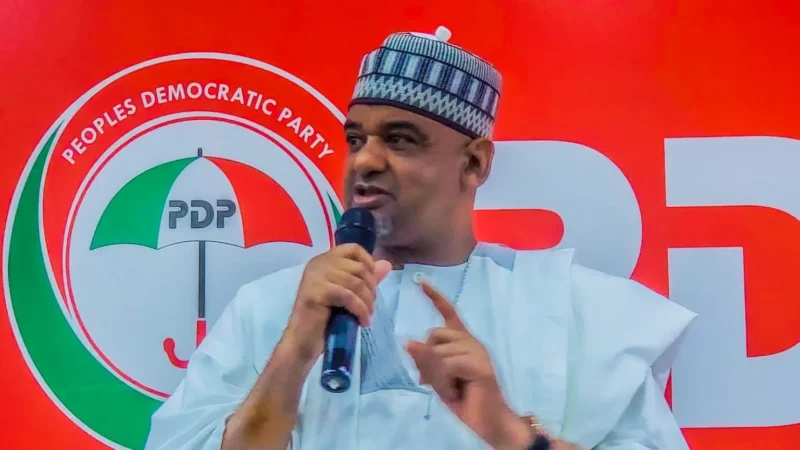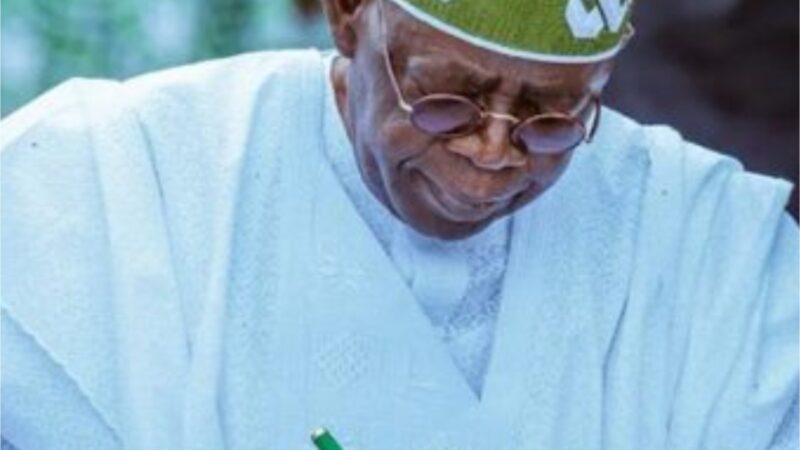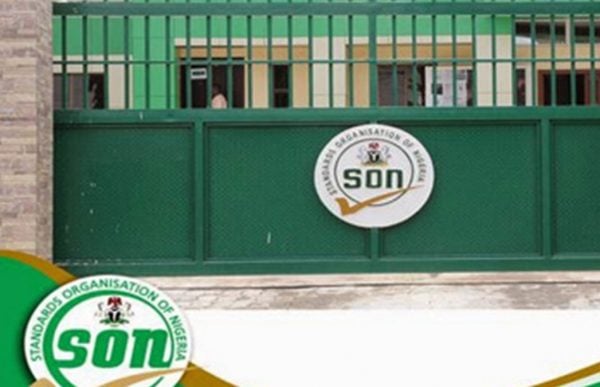MTN fined N15m for sending unsolicited messages to customer
 The Court of Appeal has awarded the sum of N15m as general damages against MTN Nigeria Communications Limited for bombarding a customer’s phone number with unsolicited messages and caller tunes when the customer didn’t subscribe to the services.
The Court of Appeal has awarded the sum of N15m as general damages against MTN Nigeria Communications Limited for bombarding a customer’s phone number with unsolicited messages and caller tunes when the customer didn’t subscribe to the services.
Justice Okon Abang of the Abuja division of the appellate court made the pronouncement while delivering judgment in an appeal brought before him by a public interest lawyer, Ezugwu Anene, on Friday.
In his appeal, the appellant claimed that some 88 unsolicited calls made by MTN to him at odd hours had caused him embarrassment, inconvenience, distraction, and anxiety, thereby breaching his right to privacy.
He asked the court to award N200m against MTN in general damages for the imposition of caller tunes and disturbing unsolicited messages sent to on his mobile number weekly.
Meanwhile, when the matter was still before a Federal Capital Territory High Court, Anene had argued that although he subscribed to MTN’s network services, he never signed up for the weekly clarion child guidance, counselling, or caller tune services provided by MTN.
He stated that “MTN inundated him with a large volume of messages and deducted money from his airtime for unsolicited services from July 2016 to March 21, 2018, at inappropriate hours.”
The lawyer also said his refusal to answer calls from certain numbers denied him the opportunity to receive important business calls, while the strange calls were continuously recurring and embarrassing.
Responding, MTN which was represented by its staff member, Emmanuel Iteade, informed the lower court that when a prospective subscriber purchases a SIM starter kit, the prepaid terms and conditions are clearly placed in the kit to allow careful review.
The official stated that MTN did not breach the claimant’s right to privacy or the quiet enjoyment of his airtime and did not make any fraudulent or illegal deductions from his airtime.
“All services complained about by the claimant were subscribed to by him, and the defendant merely debited him for the services,” the respondent said.
The lower court, in its judgement, held that Section 37 of the 1999 Constitution, as amended, guaranteed and protected citizens’ privacy, including their homes, correspondence, telephone conversations, and telegraphic communications.
The judge also noted that MTN’s witness, when cross-examined, admitted that the reference fonts in the company’s terms and conditions was so tiny, as he couldn’t read it.
The High Court then declared that the numerous unsolicited text messages and caller tunes sent to the claimant’s phone, without his subscription to them, as well as the subsequent deductions from his airtime, constituted a breach of his right to privacy and quiet enjoyment of his airtime and phone.
The court perpetually restrained MTN from sending unsolicited text messages or imposing callerTunez and deductions on the claimant’s airtime.
The court awarded N300,000 as general damages but noted that the claimant could not sufficiently prove the assertions about the 88 calls.
Dissatisfied with fine imposed by the lower court, the claimant headed for the Appeal Court for redress, arguing that the amount was too low.
MTN’s legal team however cross-appealed, insisting that the total deductions from the claimant amounted to about N14,000 and that the N300,000 award was generous.
However, Justice Abang in his judgment held that the action of MTN was a violation of the right to privacy and quiet enjoyment of the appellant.
The appellate Court agreed that the unsolicited text messages caused the appellant anxiety, adding that MTN was likely profiting substantially from this practice, and Nigerians may not know this.
Justice Abang said the trial court should have awarded exemplary damages against MTN, a foreign company, as a deterrent.
He said, “If MTN had sent unsolicited messages to 10 million phones at the time, owned by innocent Nigerians, it would have unlawfully enriched itself” to over a trillion naira.
While reading out the unanimous judgment of the three-member appeal court panel, Justice Abang set aside the N300,000 general damages imposed by the high court and awarded N15m against the telecommunications company.







